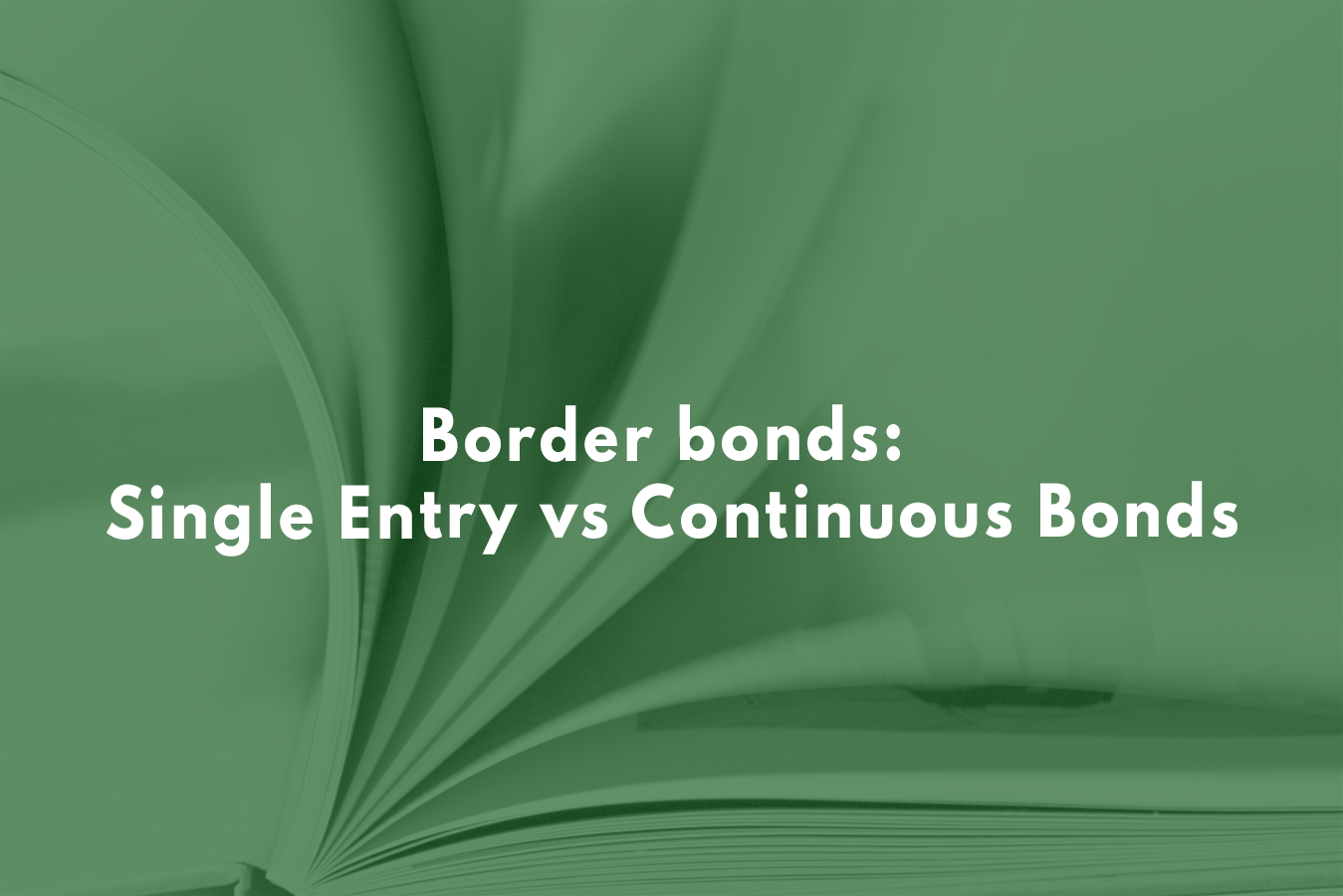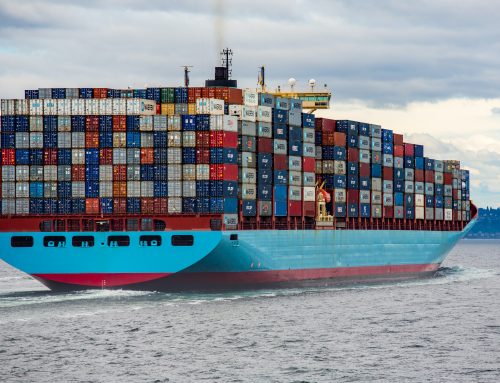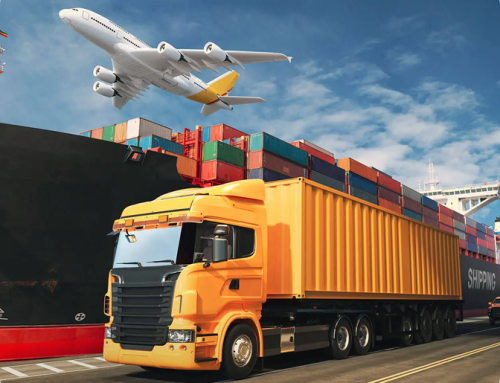Navigating commercial importing is like battling a sea of paperwork. Declarations, invoices, permits, border bonds… trying to navigate every aspect of clearing customs on your own can feel like you’re swimming against the current.
In order to clear up some of the confusion around customs procedures, we’re going over two important documents you might run into while importing: single entry and continuous bonds.
Luckily, customs brokers are experts in everything to do with clearing your shipments. We can tell you how to get a customs bond, help you double check all your tariff codes, and make the process go much smoother overall. Get in contact with us if you want any help!
In the meantime, let’s go over continuous vs single entry bonds — which should you pick?
What is a Single Entry Bond?
If you’re importing commercial goods worth over $2,500, or any goods like firearms subject to other federal agencies, you’ll have to post a customs bond. You may also need to post a bond shipping goods state to state — this depends on the carrier — and you’ll need a bond any time you want to conduct activity in a secure CBP area. While bonds typically concern permanent imports, you’ll need a bond for Temporary Importation under Bond entries as well.
Whether you post a continuous or single entry bond is up to you. Failing to seek an entry bond in these situations will lead to delays at the border, ones that can lead to your shipments being rejected outright.
Your broker’s bond — that’s ours — may also be used for your goods.
Single entry bonds are exactly what they sound like: bonds that are good for a single use only. Instead of being tailored toward companies that do regular importing, single entry bonds are great for businesses who are only undertaking one (or possibly two) big commercial imports a year.
Businesses that only import on occasion, or who are undertaking their first importing endeavor, may also find themselves using a single entry bond as they explore the process.
Single entry bonds come in the form of importer bonds, drawback bonds, and international carrier bonds.
What is a Continuous Bond?
Businesses who regularly import goods into the United States will benefit greatly from a continuous bond.
More economical and efficient than a single entry bond for frequent importers, a continuous bond allows you to import frequently and through various ports of entry. A continuous bond is valid until one of the signing parties — the importer or the surety — cancels it. The CBP can also cancel it. The bond automatically renews if not cancelled.
When you obtain a continuous bond, you’ll be paying 10% of the fees, duties, and taxes paid as an importer during the last year. This means that, rather than a fixed fee, the value of your bond will change every 12 months. No CBP bond can be worth less than $100 unless relevant regulations expressly allow it; get in contact with us if you’re worried about the amount of your bond.
Continuous vs Single Entry Bonds — Which to Pick?
Not every import needs a bond. Individuals importing personal goods, for example, by and large will not need to seek a continuous or single entry bond. Similarly, not all businesses engaged in commercial importing need a bond.
Typical candidates for a continuous bond include:
- Businesses importing more than twice a year
- International carriers regularly travelling in and out of the United States
- Anyone who does business with the Customs Border Patrol (CBP) on a regular basis
- Anyone who imports through multiple ports
However, you may prefer a single entry bond for:
- One-time high value exports
- Firearms and other regulated goods
- Low importing activity, up to twice a year
How to get a Customs Bond
If you need a customs bond for your imports, you can acquire one through a surety licensed by the Department of the Treasury — but you can also contact a customs broker for a little help navigating the application process. The surety will complete CBP Form 301 no matter which kind of bond you pick.
Importing commercially is a rewarding next step for your business. If you’re ready to get into importing bonded goods, reach out to us — Clearit can help!



